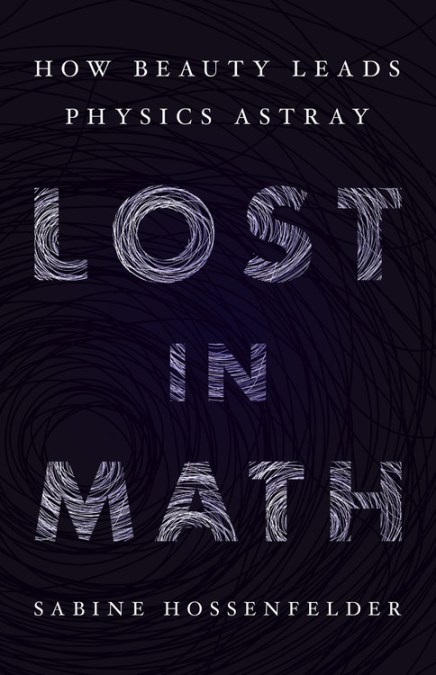
From Sabine Hossenfelder at her blog Back(Re)Action:
It’s a PR disaster that particle physics won’t be able to shake off easily. Before the LHC’s launch in 2008, many theorists expressed themselves confident the collider would produce new particles besides the Higgs boson. That hasn’t happened. And the public isn’t remotely as dumb as many academics wish. They’ll remember next time we come ask for money.
…
What the particle physicists got wrong was an argument based on a mathematical criterion called “naturalness”. If the laws of nature were “natural” according to this definition, then the LHC should have seen something besides the Higgs. The data analysis isn’t yet completed, but at this point it seems unlikely something more than statistical anomalies will show up.
…
Naturalness, of course, has always been a criterion in theory-space, which is exactly why I keep saying it’s nonsense: You need a probability distribution to define it and since we only ever observe one point in this theory space, we have no way to ever get empirical evidence about this distribution. So far, however, the theory space was that of quantum field theory.
When it comes to the landscape at least the problem of finding a probability distribution is known (called “the measure problem”), but it’s still unsolvable because we never observe laws of nature other than our own. “Solving” the problem comes down to guessing a probability distribution and then drowning your guess in lots of math. More.
 Hossenfelder is one of those theoretical physicists who thinks that science should make sense. Wish her well. So many would just love to slip the bonds of reason…
Hossenfelder is one of those theoretical physicists who thinks that science should make sense. Wish her well. So many would just love to slip the bonds of reason…
She is the author of the forthcoming Lost in Math: How Beauty Leads Physics Astray (June, 2018).
The public may be more willing to pony up for Son of LHC than she thinks. As many people here in Canada have pointed out, it costs money but it isn’t nuclear war.
See also: The multiverse is science’s assisted suicide